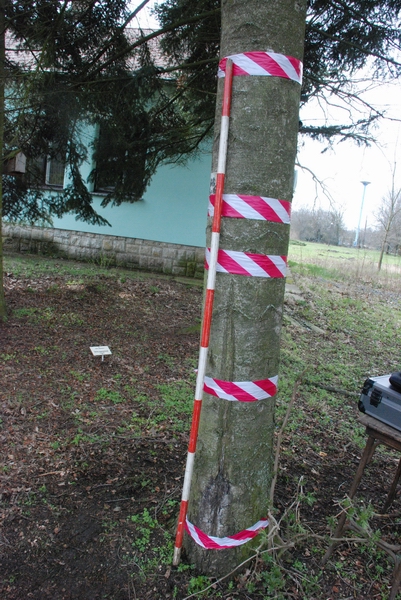Sustainable cultivation for lands with extreme conditions through afforestation
The research of NAIK’s Forest Research Institute aims to select tree species and to propagate their genetic material (propagating material production) as well as to establish an experimental strain collection which are suitable for the development of plantation management technologies and have considerable tolerance to unfavorable (saline, drought) production conditions. The tree species selected during the research adapted to the domestic climate but due to their domestic and non-native origin, they might also be of international interest in regions with ecological conditions similar to our country.
Based on our previous decades-long studies, we primarily consider the placement and examination of Siberian elm, silver berry, wild pears, native poplars (mainly white poplars), and broadleaved poplars and acacia with broader site plasticity produced by repeated selection in our institute. By creating a woody collection, we will be able to continuously monitor the growth and health of different species. Parallel to continuous monitoring, breeding experiments are also conducted to determine the optimal breeding conditions for selected tree species to establish a breeding stock base. During the project the most important partial results will be presented in professional lectures and publications. At the end of the project recommendations will be offered regarding the specific applicability and scope of propagating material (of the wood species). The tree species collection set up by the Forest Research Institute are suitable for green planting and re-cultivation purposes and for energy tree plantations. Thus, they can also be used for profitable dendromass production in areas not profitable for agriculture. According to earlier studies, the species of trees to be put into the collection tolerate the unfavorable conditions of the Great Plain (Alföld) in Hungary. With an adequate amount of competitive propagation material, the planting of these woody plants would provide economical and profitable land use and they can be recommended for many regions with similar ecological characteristics.

